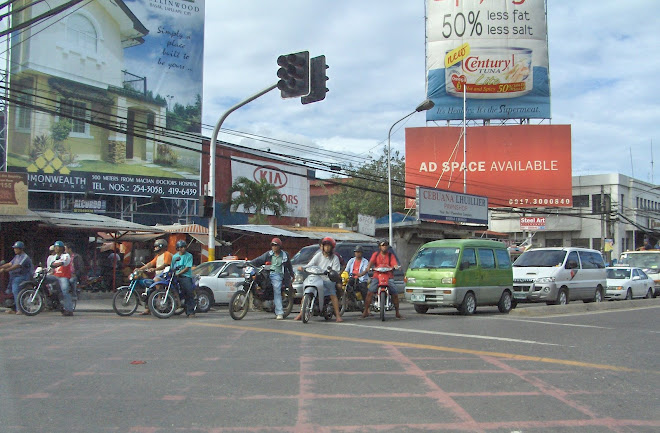
Anyone get married in the
(Jeanalyn & Alan)
There are requirements set forth by the Philippine Government Depending on which barangay (village) or town you’re living in, you’ll probably get different interpretations about how to go about meeting the requirements for marriage. For example, there seems too widespread misunderstanding about the mandatory counseling requirement. Philippines House Bill 216 states that couples are supposed to undergo pre-marriage counseling about the rigors of marriage prior to being issued a marriage license.
You have to attend a pre-marriage counseling seminar.
If, you are not a Philippine Citizen, that is you were born in a country outside of the
The Philippines Government requires that you obtain a Certificate of Legal Capacity from your country’s embassy, which may have an embassy in the
If, the prospective involves an American Citizen, he or she would have to go to the Consular Section of the American Embassy in
Since the
To get the “Affidavit in lieu of Certificate of Legal Capacity,” you will need to personally show up in
The Consular Officer may ask for your divorce decree, if you were formerly married or death certificate of your former spouse or he or she, may outright refuse to issue you a Certificate of Legal Capacity, if there is a reason to believe you are attempting to commit fraud, such as marrying someone to get them into the States.
$30 or the equivalent in pesos (the Embassy accepts cash only).
Once you get your Certificate of Legal Capacity, you can then go and attend the pre-marriage counseling and get that certificate before going to the Civil Registrar in the town where you or your prospective mate lives to apply for a marriage license.
Your wife-to-be will need to provide a birth certificate authenticated by the NSO (National Statistics Office), not the birth certificate that is issued by the civil registrar of the place where she was born. Here is the link for the getting the NSO authenticated birth certificate.
Hint: It is advisable to get a minimum of three copies of your mate’s NSO authenticated birth certificate, even though you only need one copy in order to get married. You will need to submit an authenticated NSO birth certificate to the American Embassy for her immigration paperwork when the time comes. You will need to supply the Department of Foreign Affairs with an NSO-birth certificate for her Philippine Passport, if she doesn’t already have one and she will have one for back-up.
If, your prospective bride has children that are under 18, you may want to get them three copies of their NSO-authenticated passports also.
Get the Philippines Passport requirements by clicking here.
There is a ten day waiting period from the time you apply for the marriage license at your local civil registrar and the time you receive it.
The marriage license is good for 120 days and may be used throughout the
There is no requirement for a Certificate of No Marriage or CENOMAR, which is issued by the NSO (National Statistics Office), but for those needing verification that the person they are marrying, have not been married and it may give you a bit of peace of mind.
Note that some Embassies require proof that the person you are marrying is indeed single and the CENOMAR serves as documentary evidence.
To obtain the CENOMAR, you will need the following documents:
The complete name of the person to be certified.
The complete name of the father.
The complete maiden name of the mother.
The date of the birth of the person to be certified.
The place of the birth of the person to be certified.
The complete name and address of the requesting party.
The number of copies needed (may incur a copy fee).
You will need to state the purpose of the certification.
You can get the CENOMAR online here for about PhP400 or $25, including the
delivery fee within the
Hint: If, you pay with a credit card, you will be charged the foreign fee rate of $25, but if you pay in Pesos, the fee for a single copy CENOMAR is PhP400.
No Blood Tests are required.
As long as your prospective mate is over 18 years of age, they are free to marry, so long as they follow these additional requirements:
If, the person you intend to marry is between the ages of 18 and 21, you will need their parents or guardian’s written approval.
If, they are between the ages of 22 to 25, they have to have their parents or guardians advice, that is, there must be a written notification that the parents or guardians are aware of the pending marriage.
Note also the additional requirements that your embassy imposes on you if you are seeking to bring your wife back home to your country regarding filing immigrant spouses.





